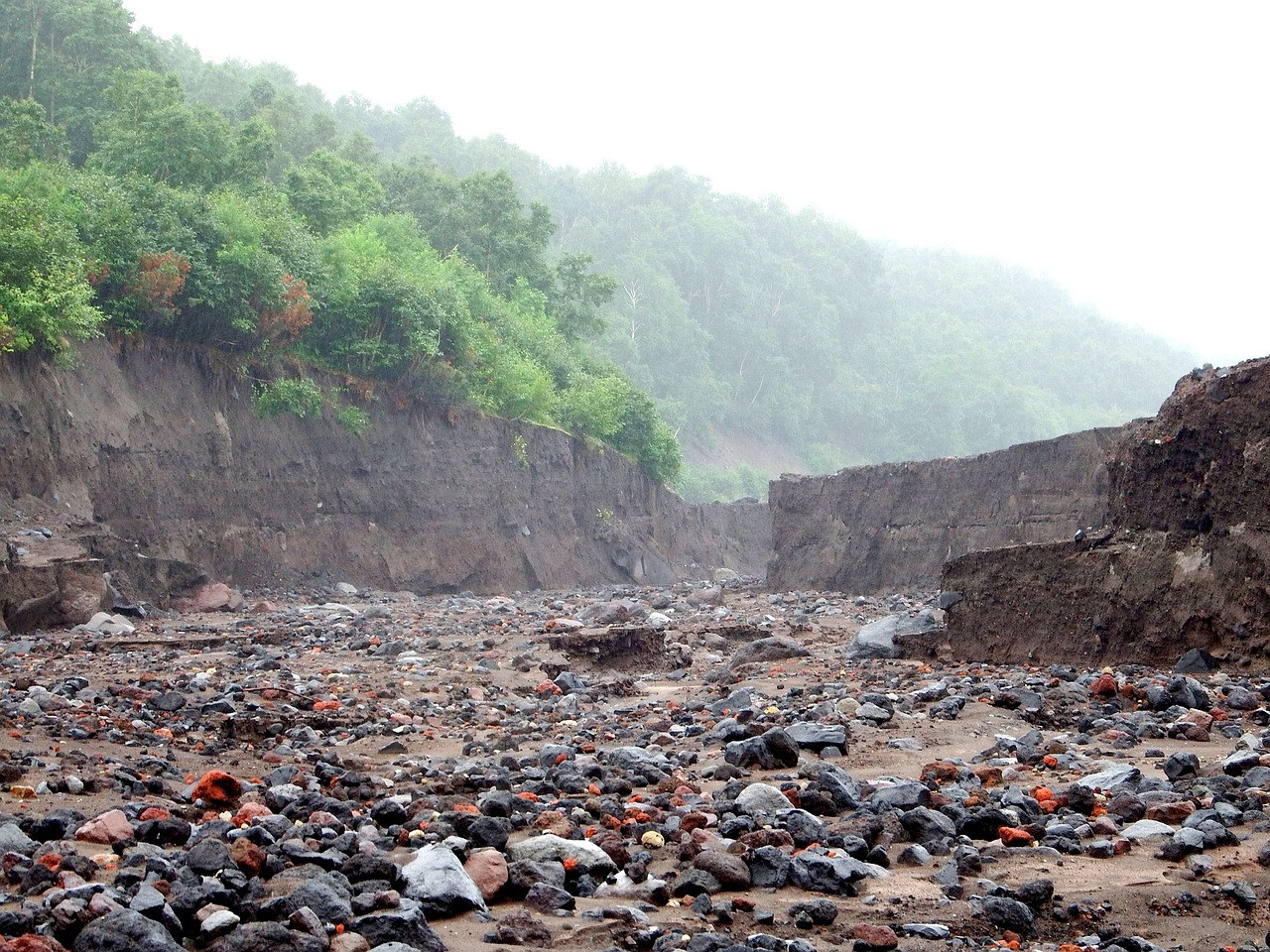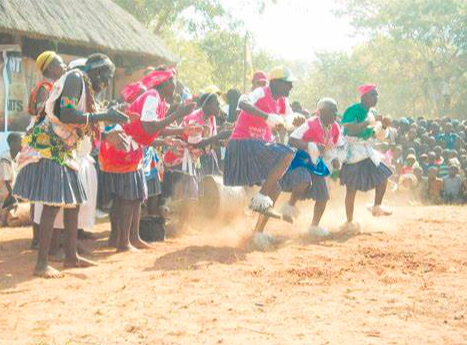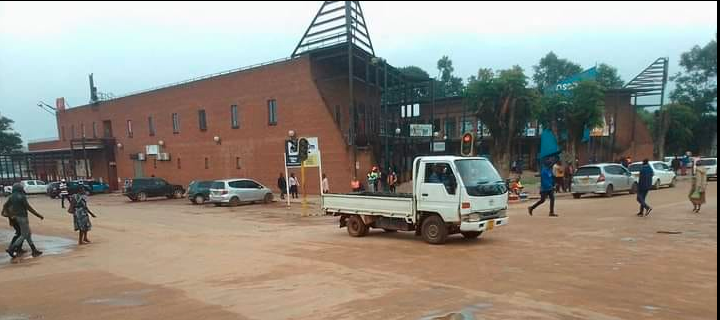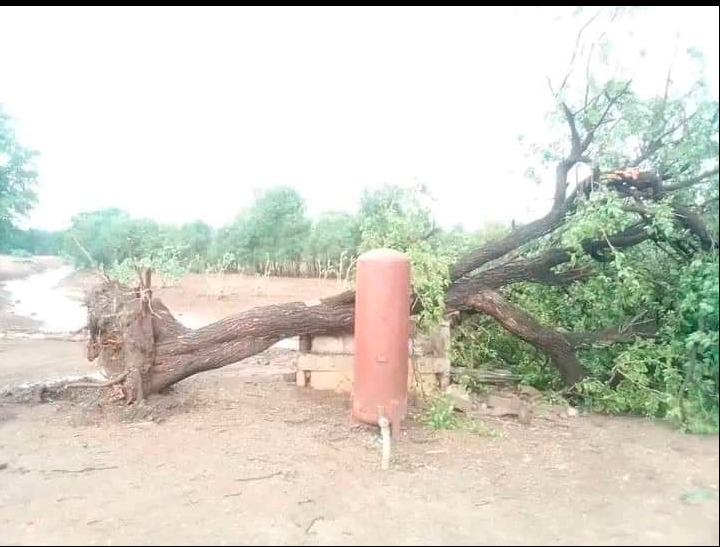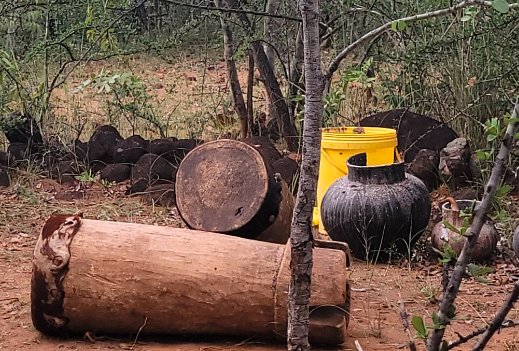Cyclone Idai’s Devastating Aftermath: Socio-Economic Impacts and the Call for Climate Action
In the wake of the catastrophic Cyclone Idai that struck Mozambique, Zimbabwe, and the surrounding regions in 2019, the long-lasting socio-economic impacts continue reverberating. The recent legal declaration of 279 missing persons as deceased highlights the ongoing struggles faced by the survivors and the urgent need for comprehensive support and solutions. Cyclone Idai, widely recognized as one of the worst weather-related disasters in the region’s history, claimed the lives of over 1,000 people across Mozambique, Zimbabwe, and Malawi. In the aftermath, the lack of proper documentation for the deceased has posed significant challenges for their families, preventing them from accessing essential services and benefits.
279 Missing Persons Declared Legally Dead as Cyclone Idai Horrors Echo on
After Cyclone Idai, about 340 people were confirmed dead yet 90% of the confirmed dead were never accounted for. Mutare High Court’s decision to legally declare the 279 missing persons as deceased is a crucial step in providing closure and enabling their relatives to obtain much-needed death certificates. These documents are essential for initiating inheritance processes, accessing social services, and ensuring the basic rights of the survivors, particularly the minors who were left without legal guardians. NCD applauds the effort by the government through its Attorney General Mrs. Viginia Mabhiza to ensure that deceased relatives get these important documents to ensure that they facilitate various processes. More than 100 families in Chimanimani have received the death certificate according to Mrs Mabhiza. Some of the relatives of the deceased were minors. They could not continue their lives normally without their parent’s death certificates and were disenfranchised from accessing services that required their legal guardians to approve. This had de facto become an infringement of their basic human rights.
Ongoing nightmares
The socio-economic impact of Cyclone Idai has been devastating, with widespread destruction of infrastructure, agriculture, and livelihoods. In the hardest-hit areas of Chimanimani and Chipinge in Zimbabwe, the cyclone’s devastation has compounded existing vulnerabilities, leading to a deepening of poverty, food insecurity, and disruption of essential services. The evidence of the cyclone’s impact is undeniable. In Chimanimani, the cyclone’s fury swept away entire villages, leaving behind a trail of destruction that has yet to be fully addressed. The loss of lives, homes, and farmland has undermined the community’s resilience, forcing many to rely on humanitarian aid and struggle to rebuild their lives. The Zimbabwean government, in partnership with international organizations, has made efforts to provide relief and support. However, the scale of the disaster has overwhelmed the available resources, highlighting the urgent need for comprehensive and long-term strategies to address the aftermath.
Addressing the socio-economic impacts of climate change-fueled disasters like Cyclone Idai requires a multifaceted approach. Recommendations to the Zimbabwean government include:
- Investing in climate-resilient infrastructure and early warning systems to enhance preparedness and mitigate the effects of future extreme weather events.
- Strengthening social safety nets and providing targeted support for affected communities, including access to healthcare, education, and livelihood restoration programs.
- Advocating for increased climate finance and support from the international community to aid in recovery, reconstruction, and building long-term resilience.
- Engaging in global climate negotiations to ensure Zimbabwe’s voice is heard and its unique needs are addressed, including access to funding and technology transfers.
- Promoting sustainable agricultural practices and diversifying local economies to reduce vulnerability to climate-related shocks.
- As the devastating impacts of climate change continue to mount, the international community has finally taken a critical step forward in addressing the needs of the world’s most vulnerable countries. The newly established Loss and Damage Facility agreed to at COP27 represents a historic victory for countries like Zimbabwe that are facing the gravest consequences of a crisis, not their own making.
The Cyclone Idai tragedy is a stark reminder of the devastating consequences of climate change and the urgent need for comprehensive action. By addressing the socio-economic impacts and empowering communities to adapt and thrive, Zimbabwe can pave the way for a more resilient and sustainable future.

